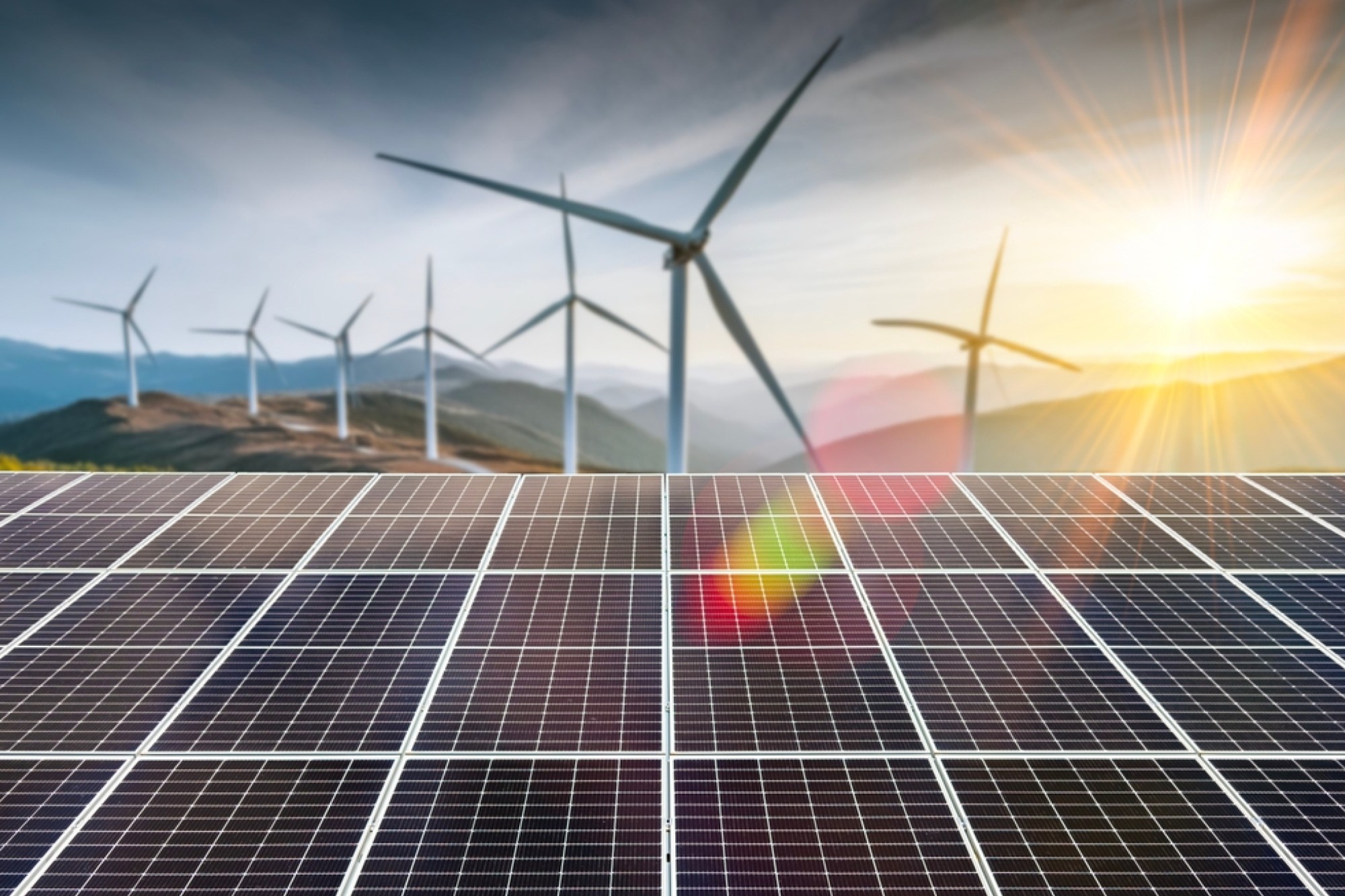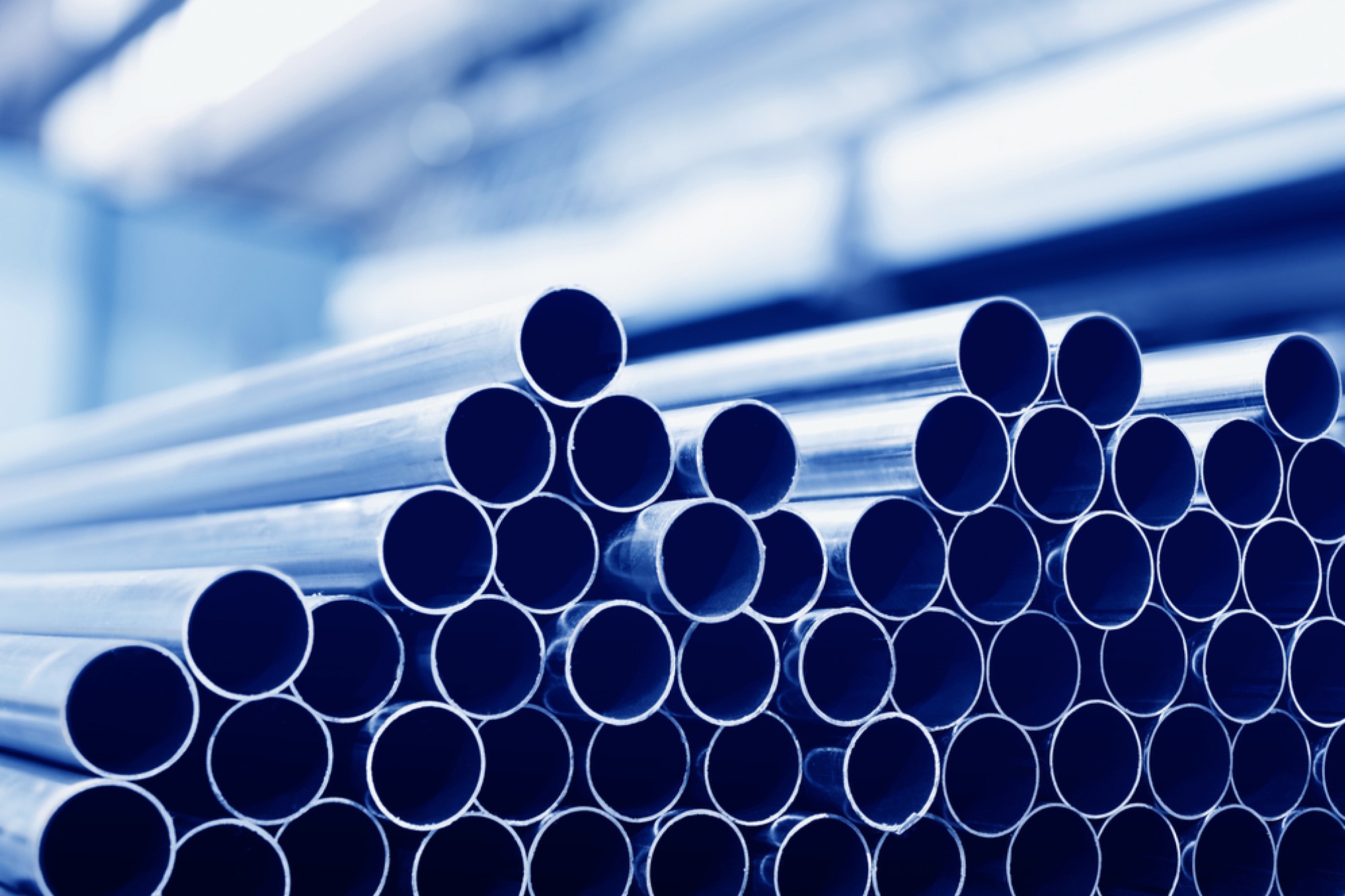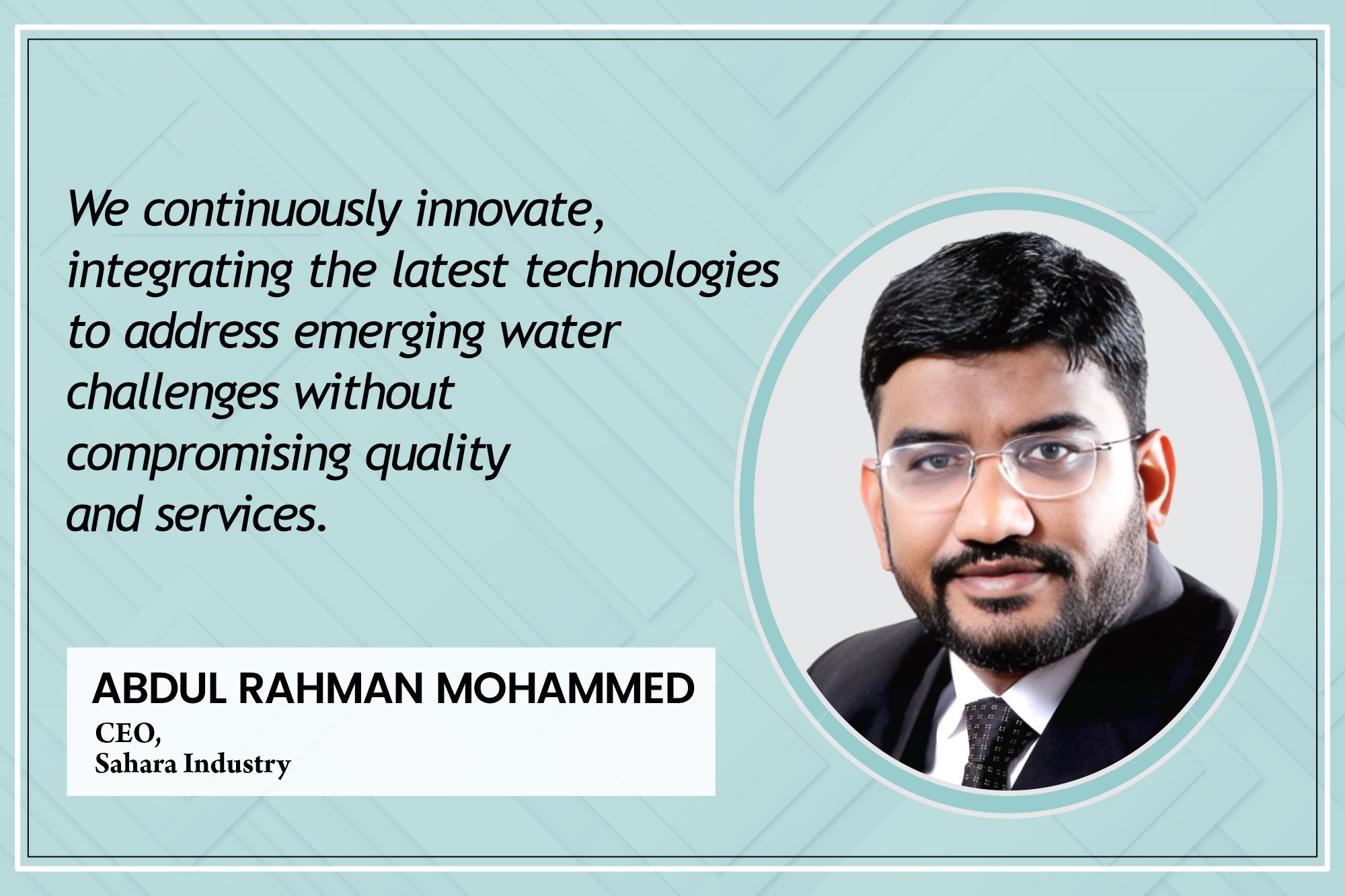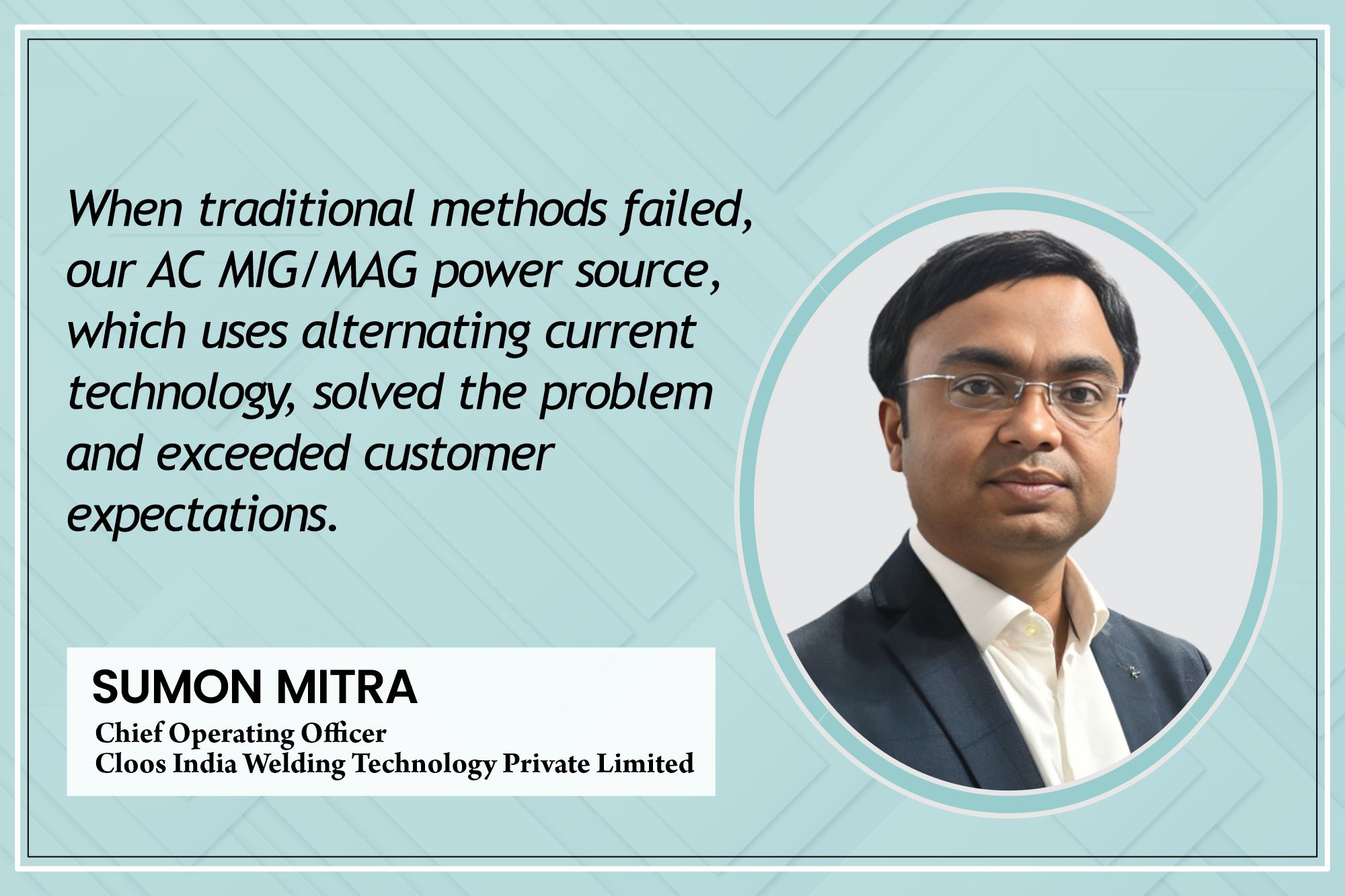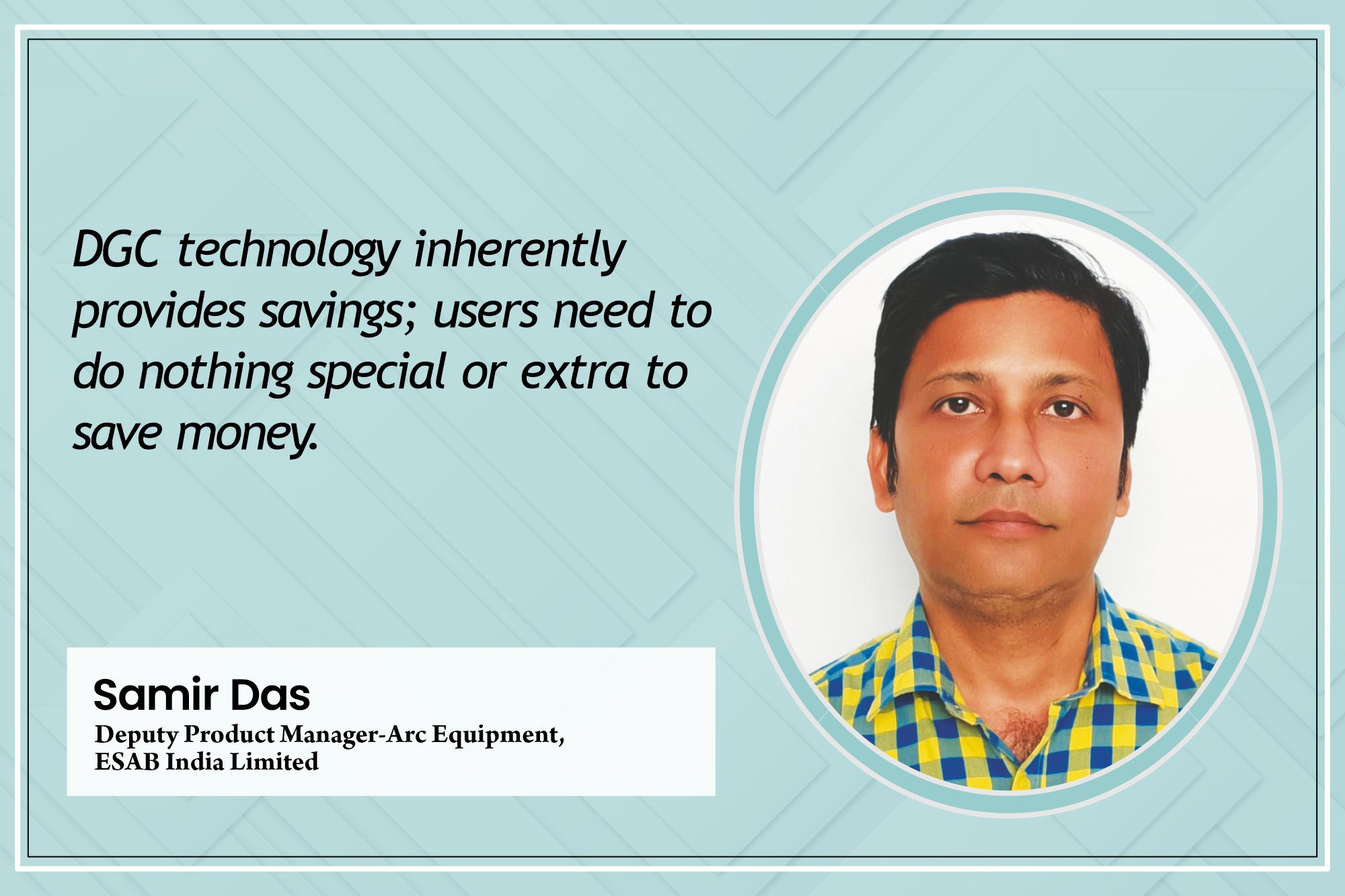Scalable water solutions for growing urban demand
By Staff Report | October 24, 2024 4:15 pm SHARE
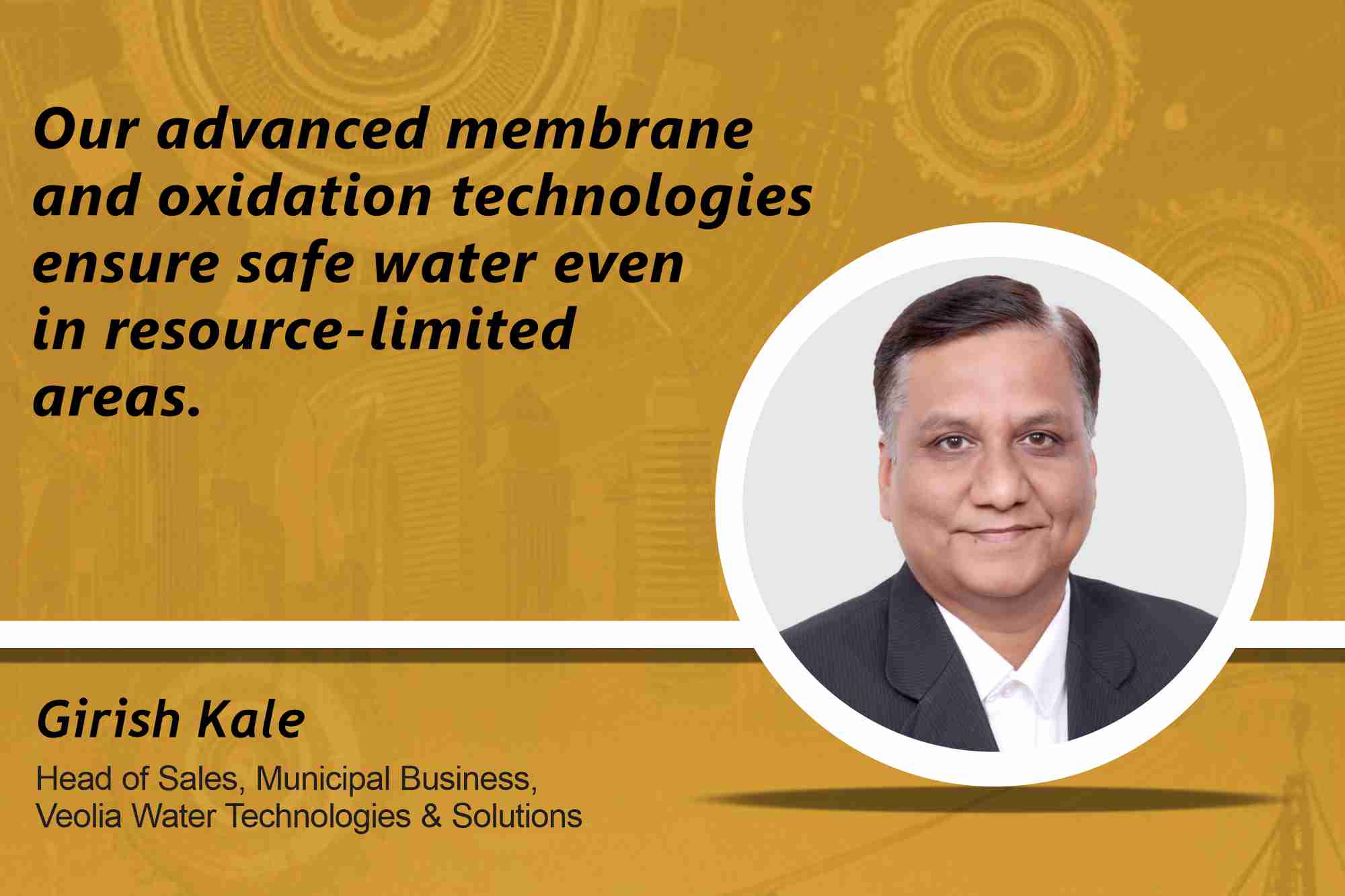
Recent advances in water treatment, such as smart grids, enhanced filtration, and IoT-based monitoring, are increasing urban resilience by improving water quality, operating efficiency, and infrastructure durability in growing cities.
How are current advancements in water treatment technology enhancing resilience in urban infrastructure?
We are committed to providing resilient water infrastructure solutions for cities globally, with current breakthroughs improving urban resilience in a variety of ways. Integrating water treatment systems with smart grids optimises operations, reduces energy usage, and increases overall efficiency. Advanced filtration methods, such as membrane filtration and nanofiltration, remove impurities more effectively, resulting in a safer and more consistent water supply. Additionally, IoT and remote monitoring give real-time management of water quality and infrastructure health, allowing for proactive maintenance and early issue diagnosis.
What role do data analytics and AI play in optimising the efficiency of water and wastewater treatment systems?
We are at the forefront of a revolution in water and wastewater treatment driven by data analytics and artificial intelligence. We use data analytics to analyse past data in order to predict equipment faults and plan maintenance ahead of time. AI algorithms improve operations by optimising treatment processes in real time, resulting in peak performance while lowering expenses. Furthermore, accurate water demand forecasts improves resource management, allowing us to avoid shortages or overflows.
Can you discuss innovative materials or technologies that are revolutionising water filtration and purification processes?
We are at the forefront of creating breakthrough materials and technology for water filtration and purification. Our sophisticated solutions are redefining the industry by utilising cutting-edge membrane filtration technologies like as reverse osmosis (RO), nanofiltration (NF), and ultrafiltration (UF) to successfully remove a variety of impurities from water sources. These technologies are especially beneficial for treating brackish water and seawater, providing clean water in areas with limited freshwater resources. Furthermore, we use Advanced Oxidation Processes (AOPs) such as ozone and UV disinfection to eradicate new contaminants that older procedures fail to remove, ensuring the production of clean, potable water. By merging different technologies into hybrid treatment systems, we can tailor solutions to specific water quality issues while increasing treatment efficiency.
How are regulatory changes influencing the development and adoption of new water treatment technologies?
Regulatory changes have an important role in encouraging innovation in the water treatment business. Governments and regulatory agencies have set stricter water quality regulations, necessitating the development of innovative treatment technologies to achieve compliance. These laws create a strong market demand for creative solutions, which drives R&D activities. Furthermore, governments and regulatory organisations frequently provide incentives and support for the development of innovative water treatment technology, which promotes innovation and investment in this essential industry.
What strategies are being implemented to address the challenges of scaling up water treatment systems for large urban areas?
Addressing the issues of scaling up water treatment systems requires many critical solutions. Modular design enables the use of treatment systems that are easily expandable, allowing for a progressive increase in capacity as needed. Public-private partnerships play an important role in funding and building large-scale facilities by leveraging private sector knowledge and investment. Desalination is a promising technique for improving water supplies in coastal locations since it removes salt from seawater. Water reuse is another major approach for reducing freshwater demand by reusing treated wastewater for agriculture, industrial processes, and other non-potable purposes. Sustainable practices and circular economy ideas are being integrated into water and wastewater management through water reuse, energy-efficient technologies, and resource recovery from wastewater, such as nutrients and energy, contributing to a more sustainable and circular system.
For more information, visit: https://www.veoliawatertechnologies.com/en
Cookie Consent
We use cookies to personalize your experience. By continuing to visit this website you agree to our Terms & Conditions, Privacy Policy and Cookie Policy.



